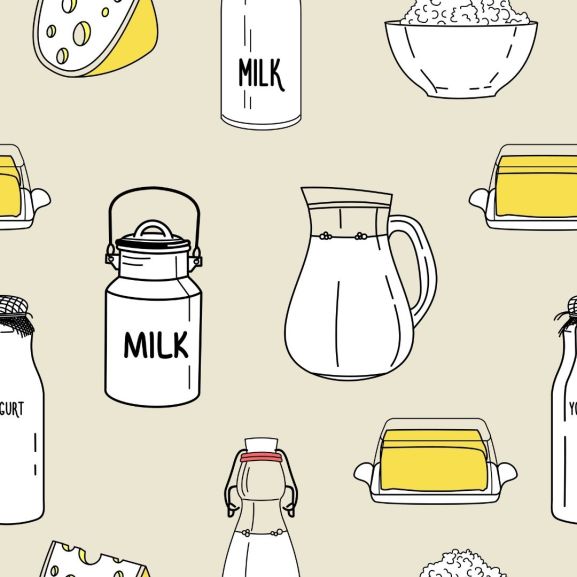My day starts quite early at 6.30 am. On most days, I get out of bed without much trouble at the crack of dawn. However, today wasn’t like any other. Till about 10 am, I struggled to keep my eyes open. My deskmate prodded: “Your energy levels are off these days. Did you consider checking your vitamin D levels?”
Daytime sleepiness or fatigue is apparently a symptom of vitamin D deficiency.
“Oh yes, quite likely,” I thought, and proceeded to do what I do best: google my symptoms. And there it was!
(Disclaimer: I am not diagnosing myself. Googling symptoms is what I do, and I can’t help it. Please, always trust a doctor, not Google, for diagnosis. :-|)
As anyone who has googled their symptoms would know, it doesn’t take too long to get lost in the Google rabbit hole. How much sugar can you have safely?
I learnt a few important things about vitamin D. Recently, a study published in the Endocrine Society’s Journal of Clinical Endocrinology & Metabolism said that 80% of all COVID-19 patients were vitamin D deficient. Interesting, huh?
I also learnt that there’s also a growing epidemic of vitamin D deficiency in India. The prevalence ranges from 40% to 99% and most of the studies reporting 80% to 90%.
Could I be deficient? I plodded further through the maze of online articles, and these were my findings.
What is Vitamin D?
Vitamin D is a fat-soluble nutrient. The National Cancer Institute defines fat-soluble as something that can dissolve in fats and oils. Which means, your body absorbs the nutrient only if it is consumed with fat in the diet.
It’s also called the Sunshine vitamin since the human body produces it in the skin with the sun’s ultraviolet-B (UVB) rays.
We need little amounts of the sunshine vitamin to stay healthy. It helps the body use calcium and phosphorus from the diet to build strong bones and teeth. ‘Do NOT wear N95’: CDC just schooled us on how to wear a mask.
If the vitamin deficiency left unchecked, it could lead to heart diseases, autoimmune diseases, TB and even cancer.
What are vitamin D deficiency symptoms?
According to this article in Statpearls, majority of people who suffer from the deficiency don’t show symptoms. Those who do may experience:
- Bone pain
- Joint pain
- Muscle pain
- Fatigue
- Muscle twitching
- Weakness
What causes the deficiency?
You could suffer from vitamin D deficiency if your digestive system has absorption problems like celiac disease, inflammatory bowel disease or chronic pancreatic insufficiency. They can restrict your body from absorbing the vitamin from food.
Your levels may be low if you follow a vegan lifestyle, have low calcium intake or are lactose intolerant.
Reduced exposure to sun rays is another reason since your skin needs sunlight to make the vitamin.
People with chronic liver disease or those taking certain medication like phenobarbital, carbamazepine, dexamethasone, etc. can suffer from a deficiency.
Now comes the main question.
How can you increase your vitamin D levels?
Sunlight! Get out and bask in the sun with 40% of your skin exposed for at least 20 minutes a day. That’s how long your skin takes to make the vitamin.
Wearing long-sleeved clothing could reduce your sun-exposed areas. Considering wearing short-sleeved shirts or high-ankle pants whenever possible.

Another way to get the nutrient in you is through your diet. Good dietary sources of vitamin D include oily fish like salmon, sardines and mackerel, and foods like margarine, dairy products, cereals, eggs and liver. Grains and vegetables are poor sources of vitamin D.
Vegans, certain variety of mushrooms like maitake can supplement your diet with plant-based vitamin D.
If nothing works, always check with a doctor!
The NHS has recommended that we take 10 micrograms of the vitamin a day between October and March since we’ve been mostly indoors due to COVID-19.
As for my sleepiness, I realised it had nothing to do with deficiency. A cup of coffee snapped me right back.

